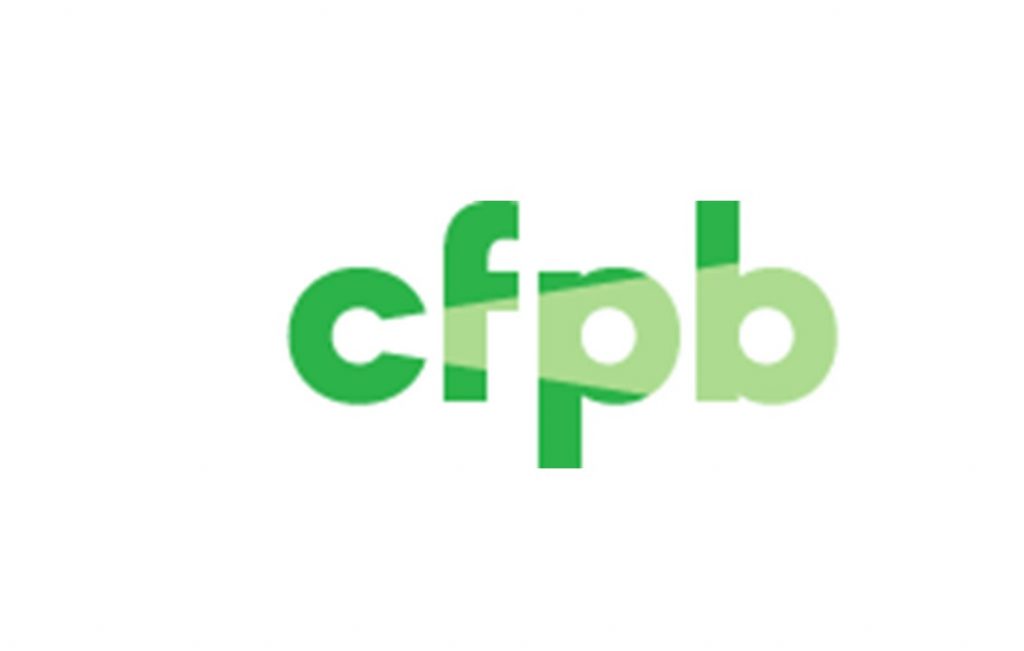
| Topics and Issues | FOIA (11) |
In July 2015, Covington sued the CFPB alleging that the Bureau improperly withheld documents related to a consumer survey on credit reports it conducted as part of a Dodd-Frank mandate to educate consumers. As noted in a Law 360 story,
Covington challenge[d] the federal agency’s assertions that the requested records are exempted from release under the public records law due to their confidential nature, the deliberative process privilege, and protections against unwarranted invasion of personal privacy.
The complaint filed Tuesday by Covington challenges the federal agency’s assertions that the requested records are exempted from release under the public records law due to their confidential nature, the deliberative process privilege, and protections against unwarranted invasion of personal privacy.
The withheld information, about 1,200 pages, included records related to the selection and demographic data of focus group participants and their responses. The agency has released 298 pages of documents to date. There is strong public interest in the information, the firm said in a May letter to the consumer agency, included with Wednesday’s filed complaint.
“The focus group findings may play a role in future CFPB financial literacy initiatives,” Covington associate Randy Benjenk wrote. “Dodd-Frank mandates that the CFPB develop initiatives for consumer financial education and the CFPB explicitly referenced this mandate in introducing this report.”
The report, “Consumer Voices on Credit Reports and Scores,” was released in February 2015. It is the result of focus groups conducted with 308 consumers during two months last year in Boston, St. Louis, Atlanta and Seattle. Respondents were demographically diverse and were screened to represent an array of experiences with the credit reporting system, according to the report, which totaled 21 pages.
Among conclusions highlighted by Covington in its complaint, the report states that consumers, “expressed confusion, frustration and uncertainty” about their credit ratings; did not fully understand the impact of credit inquiries; had difficulty understanding information in their credit reports; did not use credit information in daily life; and expressed concerns about fraud and identity theft.
. . .
The exemptions cited didn’t hold water, Benjenk said. An exception protecting trade secrets and commercial or financial information obtained from an individual didn’t apply because “the data was created by the government, not a commercial enterprise,” he said.
The parties stipulated to dismissal in March 2015, following the CFPB’s providing much of what was requested by Covington.
Documents:
Complaint (July 2015).
The case is Benjenk v. Consumer Financial Protection Bureau, U.S. Dist. Ct. (D., D.C. No. 1:15-cv-01115).